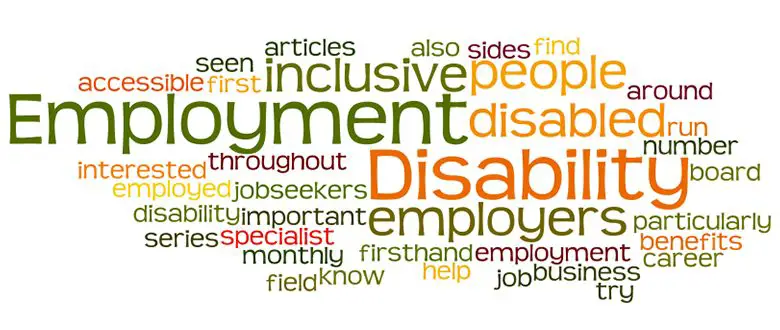
Disability and employment: preparing for an interview
Jane Hatton, who manages Evenbreak, a not-for-profit job board run by disabled people for disabled people, publishes her bi-monthly article on the subject of employment. This month, preparing for an interview.
#DHdisabilityemployment – join in the conversations @DHorizons
So, your CV has done its job and impressed the employer enough for them to invite you to interview (if you’re still in the process of writing your CV, see my CV writing tips). There is a period of time between receiving the invitation to interview and the interview itself, and how this time is spent can make all the difference.
Research the job
The more knowledge you have about the role, the company and the sector, the better you will perform in the interview. If you haven’t been sent a job description or person specification there is no harm in asking for these. This will give you a much better idea about the role, and what sort of qualities the panel will be looking for. If they don’t let you have them, don’t worry – the other candidates won’t have them either.
Research the organisation – the company website is a good place to start. This will give you some clues about the context the company works in – maybe its vision and values, who its customers are, how many sites there are etc. It’s also a good idea to Google the company. If there have been negative news items about it, they are unlikely to announce it on their website.
Also see what you can find out about the industry sector the company works in. Is new legislation imminent? Are there any changes in the marketplace which might impact on your new employer? The more you know about the company and the sector it’s in, the more knowledgeable you will seem at the interview, so it’s impossible to do too much research.
Prepare for the interview
You may need to let the employer know about any reasonable adjustments you require for the interview – maybe an accessible building, a signer, or additional time to answer questions. If so, give them plenty of notice. If you don’t need any adjustments you may decide not to mention your disability at this stage. If it will be obvious at interview (maybe it is a visible disability, or it will show in your demeanour – e.g. Tourette’s syndrome) it may be a good idea to warn them so they can focus on you rather than the shock of realising you have a disability. In the next edition we will talk about how to discuss your disability, if at all, during the interview.
Other things to prepare, although they sound obvious, are things such as what you will wear to the interview. There is nothing worse than being fully prepared, and then getting up on the morning of the interview to find your suit is at the cleaners, or the heel has come off the shoes you were intending to wear. Decide what you are going to wear the day before, and lay it out, ready.
Similarly, give some thought to the journey to the interview venue. If you are going by train, where is the nearest station, and how long will it take to get from there to the venue? If by bus, how close is the nearest bus stop, and how often do the busses run? If by car, is there a car park, and if not how much time will you need to get to the interview location from the nearest parking space? The last thing you want to do is to arrive late, sweating and panting, rather than cool, calm and collected!
Re-visit your CV
The employer obviously liked whatever you wrote on your CV, which is why they invited you for interview. It’s a good idea to read it again and remind yourself of the skills you talked about. These are the skills to embellish on in the interview.
Prepare answers to questions
Think about the questions you might be asked, and prepare some really good answers. If you were interviewing someone for this job, what questions would you ask? Spend some time thinking about examples of achievements you can use to prove you have the skills they are looking for – the examples don’t have to be within paid employment, just evidence that you can do the tasks they will want you to do. We will look at this in more detail in a future article.
Remember – the more research and preparation you do, the better your chances of success!
By Jane Hatton
Get in touch by messaging us on Facebook, tweeting us @DHorizons, emailing us at editor@disabilityhorizons.com or leaving your comments below.